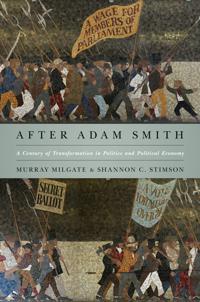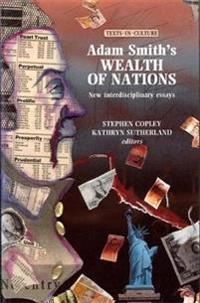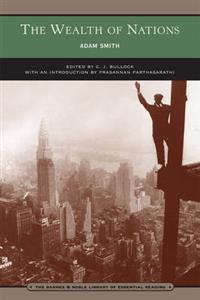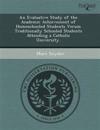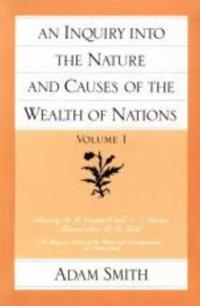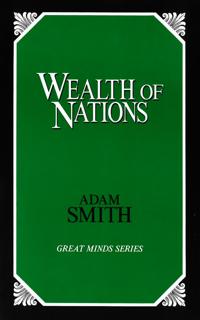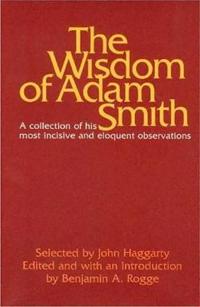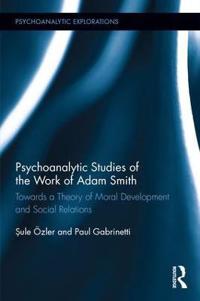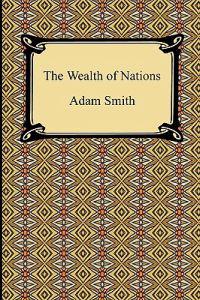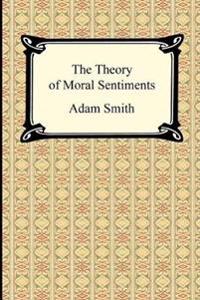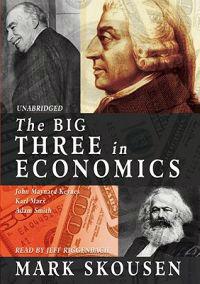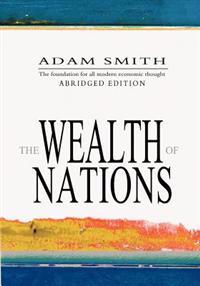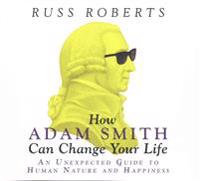On Adam Smith's "Wealth of Nations" (Häftad)
ISBN: 9780691123905 - UTGIVEN: 2005-08Adam Smith was a philosopher before he ever wrote about economics, yet until now there has never been a philosophical commentary on the Wealth of Nations. Samuel Fleischacker suggests that Smith's vastly influential treatise on economics can be better understood if placed in the light of his epistem[...]
After Adam Smith (Häftad)
avMurray Milgate, Shannon C. Stimson
ISBN: 9780691152349 - UTGIVEN: 2011-09Few issues are more central to our present predicaments than the relationship between economics and politics. In the century after "Adam Smith's Wealth of Nations", the British economy was transformed. "After Adam Smith" looks at how politics and political economy were articulated and altered. It co[...]
Adam Smith
ISBN: 9780691154053 - UTGIVEN: 2016-01Adam Smith (1723-90) is perhaps best known as one of the first champions of the free market and is widely regarded as the founding father of capitalism. From his ideas about the promise and pitfalls of globalization to his steadfast belief in the preservation of human dignity, his work is as relevan[...]
Adam Smith's Wealth of Nations (Häftad)
ISBN: 9780719039430 - UTGIVEN: 1995-04First published in 1776, Adam Smith's Wealth of Nations is much more than just a handbook on the principles of free-market economics; it is a founding text for the organisation of Western society in its broadest sense. In order to understand the impact of Smith's text across the academic disciplines[...]
The Third Duke Of Buccleuch And Adam Smith (Inbunden)
avBrian Bonnyman
ISBN: 9780748642007 - UTGIVEN: 2014-02-28Combining the approaches of intellectual, economic and landscape history, this book examines the life and career of the third Duke, focusing in particular on his relationship with Adam Smith and the improvement of his extensive Scottish estates.[...]
The Wealth of Nations (Pocket)
avAdam Smith, C. J., Ph.D. Bullock, Prasannan Parthasarathi
ISBN: 9780760757611 - UTGIVEN: 200406Are We Born Racist?: New Insights from Neuroscience and Positive Psychology (Häftad)
avJason Marsh, Rodolfo Mendoza-Denton, Jeremy Adam Smith
ISBN: 9780807011577 - UTGIVEN: 2010-06Where do our prejudices come from? Why are some people more biased than others? Is it possible for individuals, and society as a whole, to truly defeat prejudice? In these pages, leading scientists, psychologists, educators, activists, and many others offer answers, drawing from new scientific disco[...]
Inquiry into the Nature and Causes of the Wealth of Nations (Pocket)
avAdam Smith
ISBN: 9780865970069 - UTGIVEN: 1982-03First published in 1776, the year in which the American Revolution officially began, Smith's Wealth of Nations sparked a revolution of its own. In it Smith analyzes the major elements of political economy, from market pricing and the division of labor to monetary, tax, trade, and other government po[...]
An Inquiry into the Nature and Causes of the Wealth of Nations (Pocket)
avAdam Smith
ISBN: 9780865970076 - UTGIVEN: 1982-03First published in 1776, the year in which the American Revolution officially began, Smith's Wealth of Nations sparked a revolution of its own. In it Smith analyzes the major elements of political economy, from market pricing and the division of labor to monetary, tax, trade, and other government po[...]
Lectures on Jurisprudence (Häftad)
avAdam Smith
ISBN: 9780865970113 - UTGIVEN: 198201Smith's "Lectures on Jurisprudence", originally delivered at Glasgow University in 1762-1763, presents his "theory of the rules by which civil government ought to be directed". Building on his "Theory of Moral Sentiments", Smith argues that the state must act as an impartial spectator, judging when[...]
Wealth of Nations (Häftad)
avAdam Smith
ISBN: 9780879757052 - UTGIVEN: 1991-12Political economy had been studied long before Adam Smith. But "Wealth of Nations" (1776) established it for the first time as a separate science. Smith based his arguments on vast historical knowledge, and developed his principles with remarkable clarity. What set this work apart was its statement [...]
The Wisdom of Adam Smith
ISBN: 9780913966211 - UTGIVEN: 1976-06Adam Smith was an eloquent man of considerable philosophical and historical learning. His most incisive and enduring observations are collected here on subjects ranging from political and economic history to morals, art, education, war, and the American colonies. Throughout, notes an admirer in the [...]
Adam Smith's Wealth of Nations (häftad)
ISBN: 9781107653764 - UTGIVEN: 2015-08Adam Smith's The Wealth of Nations is regarded by many as the most important text in the history of economics. Jerry Evensky's analysis of this landmark book walks the reader through the five 'Books' of The Wealth of Nations, analyzing Smith's terms and assumptions and how they are developed into st[...]
Jerusalem (Pocket)
avGeorge Adam Smith
ISBN: 9781108063517 - UTGIVEN: 2013-10-31This two-volume work (1907-8), spanning more than fourteen centuries, expertly elucidates the topography, economics and history of ancient Jerusalem.[...]
Psychoanalytic Studies of the Work of Adam Smith: Towards a Theory of Moral Development and Social Relations
ISBN: 9781138955622 - UTGIVEN: 2017-10Psychoanalytic Studies of the Work of Adam Smith blends the rich intellectual heritage of the hermeneutic tradition with the methods and concepts of psychoanalysis, in order to examine the seminal works of Adam Smith. This is the first book on Smith to analyse the works of the groundbreaking moral t[...]
An Inquiry Into the Nature and Causes of the Wealth of Nations. by Adam Smith, ... in Two Volumes. ... Volume 1 of 2 (Häftad)
ISBN: 9781140949183 - UTGIVEN: 2010-05The Big Three in Economics: John Maynard Keynes, Karl Marx, Adam Smith (Övrigt)
avMark Skousen
ISBN: 9781433200939 - UTGIVEN: 2007-03ADAM SMITH (Häftad)
ISBN: 9781441190130 - UTGIVEN: 2013-09The Scottish philosopher Adam Smith (1723-1790) was as a pioneer of political economy. In fact, his economic thought became the foundation of classical economics and his key work, An Inquiry into the Nature and Causes of the Wealth of Nations, is considered to be the first modern work in economics.[...]
How Adam Smith Can Change Your Life: An Unexpected Guide to Human Nature and Happiness (cd-bok)
ISBN: 9781469029757 - UTGIVEN: 2014-11A forgotten book by one of history's greatest thinkers reveals the surprising connections between happiness, virtue, fame, and fortune. Adam Smith may have become the patron saint of capitalism after he penned his most famous work, The Wealth of Nations. But few people know that when it came to the[...]


